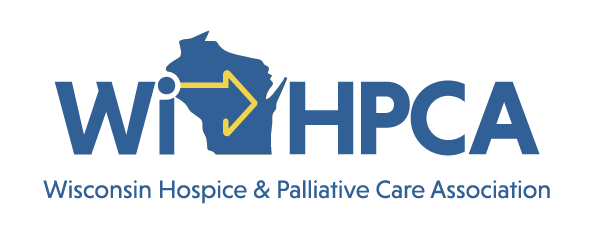On March 12, the Senate Committee on Health held a hearing on Senate Bill 39, a bill to create a Palliative Care Council. At this hearing, numerous individuals testified in support of this bill. In addition to state Senator Jesse James (R-Thorp) and state Representative Patrick Snyder (R-Wausau), who are the authors of this legislation, the following individuals – including WiHPCA member agency staff – testified in favor of the bill:
· Siera Williams, RN, Director of Hospice and Palliative Care, Tomah Health
· Michelle Theige, APNP, Palliative Care Nurse Practitioner, Tomah Health
· Kimberly Casper, FNP-C, Palliative Care Nurse Practitioner, Tomah Health
· Agron Ismaili, MD, Medical Director, VITAS Healthcare, Milwaukee
· Carrie Schepp, General Manager, VITAS Healthcare, Milwaukee
· Sara Sahli, Government Relations Director-Wisconsin, American Cancer Society
· Amanda Johnson, Physician Assistant (Palliative Care Specialist), on behalf of the Wisconsin Academy of Physician Assistants
· A number of letters of support were submitted from WiHPCA members, as well.
The testimony of WiHPCA members and other bill supporters was well received by committee members. In fact, no committee member – Republican or Democrat – made any remarks against this legislation.
The other following organizations have formally registered their support for this bill, but did not testify at the hearing:
· The ALS Association
· Alzheimer’s Association
· American Heart Association
· Children’s Hospital of Wisconsin
· Greater Wisconsin Agency on Aging Resources
· National Association of Social Workers – Wisconsin Chapter
· Wisconsin Academy of Family Physicians
· Wisconsin Nurses Association
Very soon after the March 12 Senate committee hearing on this bill, two legislative committees voted to advance this legislation. On March 13, the Assembly Health Committee voted overwhelmingly to advance Assembly Bill 23, the Assembly version of the bill establishing a state palliative care council. The next day, the Senate Health Committee voted unanimously to approve the Senate companion bill – Senate Bill 39. Both bills will now be referred to the full Assembly and Senate, respectively, for future legislative action.
WiHPCA’s government relations team continues to aggressively lobby the Legislature to continue to move this legislation through the legislative process.
